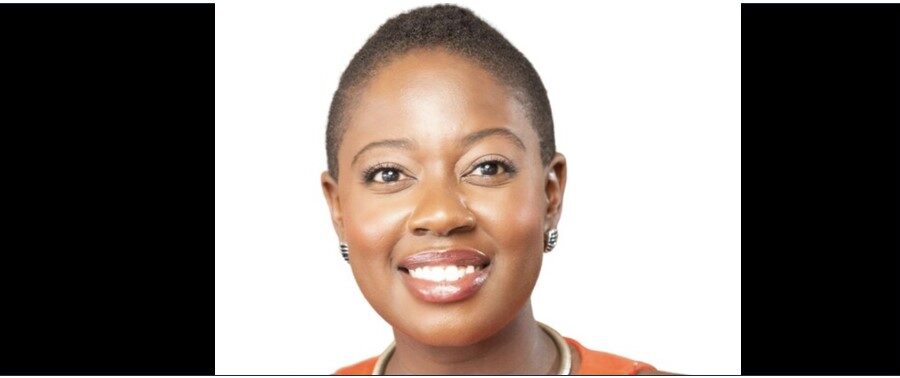ATLANTA, August 4, 2023 — On Black Women’s Equal Pay Day, we commemorate the persistent struggle for gender and racial equality in America’s workforce. This crucial day symbolizes the additional time Black women must work into the next year to earn the same amount that White men made in the previous year. While the wage gap may appear to be closing, we must remain vigilant and not be deceived into thinking that progress for Black women is comprehensive across all employment and job categories.
For every $1.00 earned by their white, non-Hispanic counterparts, Black women earn only $0.64.Tweet this
The statistics speak for themselves – Black women still earn a mere 67 cents for every dollar earned by their white male counterparts. The racial and gender pay gap widens further for all workers (including part-time), with Black women earning only 64 cents compared to their white, non-Hispanic counterparts. This substantial wage disparity sends a clear message that our work is far from complete. At Black Women’s Health Imperative (BWHI), we emphasize that focusing solely on the narrowing of the gap can be misleading without considering the underlying issues at play.
“The reduction in the wage gap between Black women and White men is encouraging; however, it is essential to look beyond the surface numbers,” states Dr. Angelica Geter, co-founder of Fair Work™, an initiative of BWHI, focused on improving processes, social and health outcomes in the modern workplace. “We must delve deeper into the root causes of this discrepancy and address the systemic barriers that continue to limit Black women’s advancement in the workplace.”
While the wage gap might appear to have decreased, it is critical to acknowledge that part of this change can be attributed to Black women leaving the workforce altogether. Economic challenges and unequal opportunities can force some Black women to make difficult decisions, impacting the overall statistics.
Moreover, wage adjustments and short-term economic policy initiatives in the post-Covid era may have led to nominal increases for some Black women, but this does not necessarily indicate substantial and lasting progress in pay equity. Overall, the pay gap has remained unchanged for 20 years. True advancement requires sustained efforts to combat racial and gender biases and create a fair and inclusive work environment for all.
We must confront the reality of intersectionality and acknowledge the compounded challenges faced by Black women due to both race and gender discrimination. Occupational segregation persists, with Black women often confined to lower-paying industries and job roles, limiting their access to higher-paying opportunities.
With Fair Work™, BWHI encourages companies to focus on outcomes not optics. Fair Work™ enables organizations to create efficient, transformative, and fair workplaces that decrease risk, increase revenue, and improve efficiency, all while improving health outcomes. While the direct connection between healthy workplaces and positive business outcomes has long been proven, a metric based approach that leverages cutting edge data, AI and technology does not exist. Fair Work™ is a first-of-its kind platform that does just that.
According to Dr. Geter, both BWHI and Fair Work™ recognize the significance of addressing the wage gap and promoting equitable employment practices. “We are committed to creating an environment in which all employees, including Black women, have equal opportunities for growth and advancement.” Comprehensive changes, including policy reforms, corporate accountability, and a concerted effort to combat discriminatory practices, are required to truly close the wage gap. To truly bridge the wage gap, comprehensive changes are imperative, including policy reforms, corporate accountability, and a concerted effort to combat discriminatory practices. Together, we can make strides toward achieving true pay equity for Black women and creating a just and equitable society for all.

